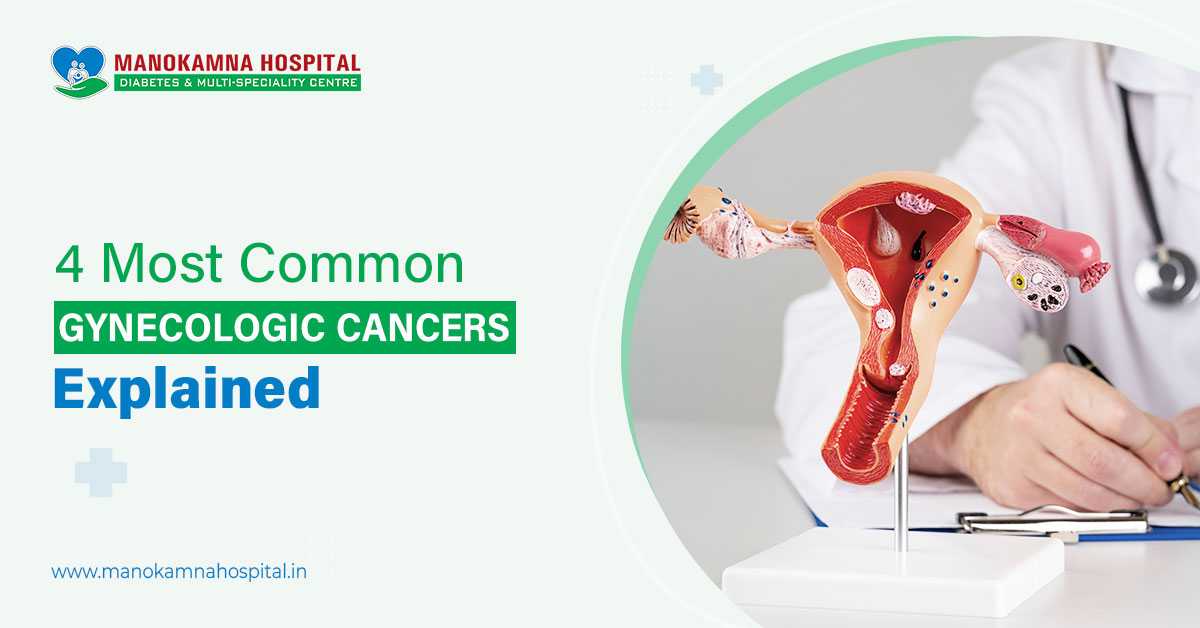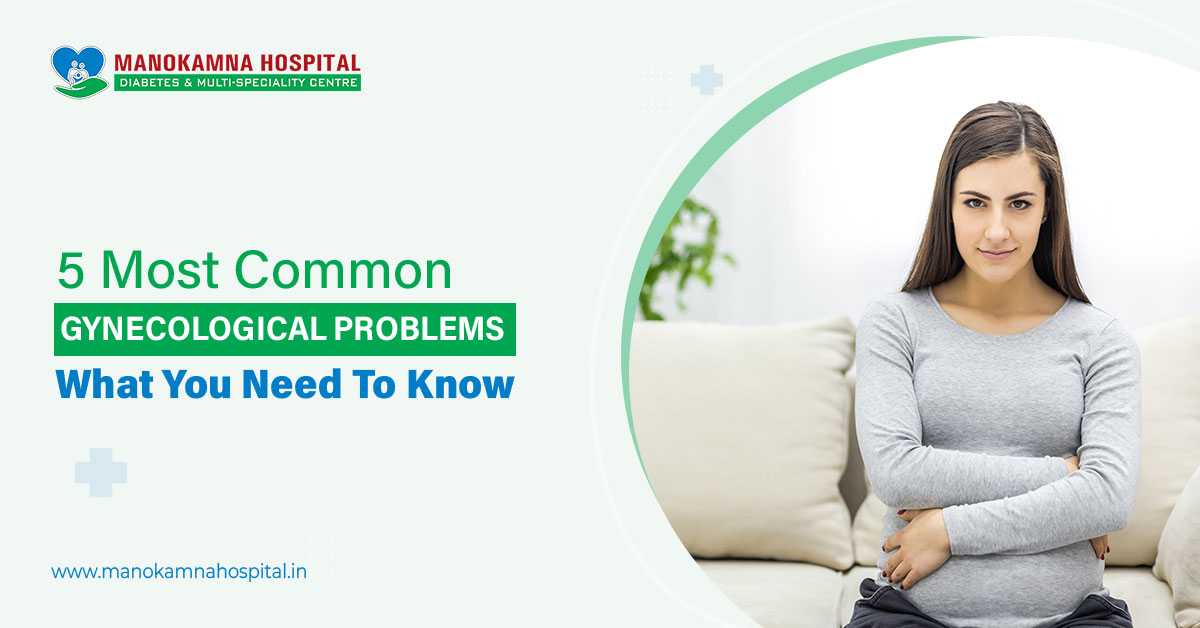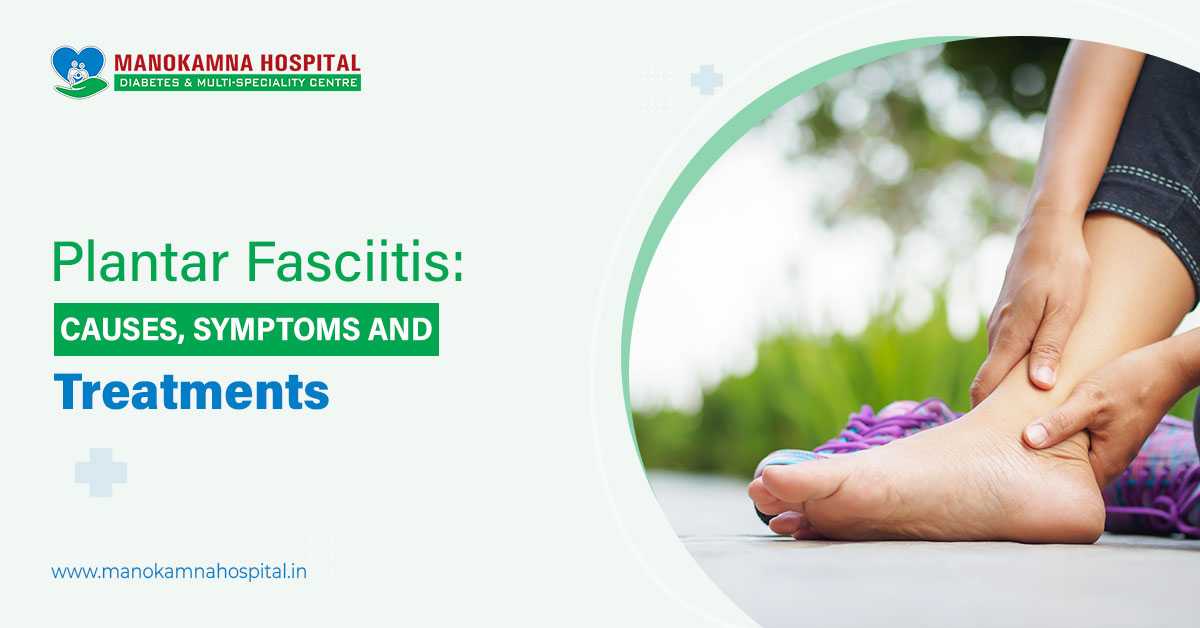In simple terms, infertility is a medical condition that makes conception downright challenging. Men and women are both likely to experience it. This disease is marked by failure to attain pregnancy after 12 months/more of routine carefully timed, unprotected sexual intercourse.
This reading exclusively deals with female infertility. Infertility treatments have come a long way. However, the treatment is not the same for every individual. Depending on your overall health, age, etc. Consult the best gynaecologist in Siliguri to get your fertility issues solved.

The primary sign of female infertility is trouble/difficulty conceiving. But signs and symptoms like irregular menstrual periods, painful periods, and prolonged/heavy periods must be watched for in order to inform your doctor. Let’s get into today’s discussion:
#1Polycystic Ovary Syndrome
PCOS is a common hormonal disorder, which has a global prevalence estimated between 4%-20%. It leads to ovary enlargement with or without small cystic development on the ovaries’ outer edges and the number of cysts/follicles can be 12.
The size of these cysts can be up to 8mm. Irregular periods, excessive androgen levels, infertility, risk of miscarriage, mood disorders, premature birth, sleep apnea, metabolic syndrome, gestational diabetes, type 2 diabetes, etc. are common in people with PCOS. You can talk to the best female gynaecologist in Siliguri.
#2 Endometriosis
It affects some 10% of women and girls of reproductive age worldwide as per WHO reports. This chronic female reproductive health condition causes infertility, painful periods, chronic pelvic pain, painful sexual intercourse, painful bowel movements, anxiety, depression, fatigue, bloating, etc.
This condition is marked by the growth of similar tissue (endometrium) that lines the womb/uterus outside the uterus, such as on the ovaries, fallopian tubes. Endometriosis affects the fallopian tube and prevents the egg and sperm from uniting. Untreated conditions can lead to irritations, adhesions, and scarring of the surrounding tissue of the uterus.
#3 Pelvic Inflammatory Disease
Also known as pelvic infection, it’s an infection of female reproductive organs, marked by sexually transmitted bacteria from the vagina reaching the womb, ovaries to fallopian tubes. Untreated PID might be responsible for permanent damage to the reproductive organs of women.
Pain results from pelvic inflammatory disease can range from mild to severe, causing painful urination, abnormal vaginal bleeding between periods or after intercourse, painful sexual intercourse, foul vaginal discharge, damage to the reproductive organs, infertility, etc.

#4 Cervical Stenosis
Cervical stenosis is the narrowing/closing of the passage through your cervix. The cervix is the lower part of your womb. The uterine cervix is important for natural fertilization. Since it causes narrowing of the cervical opening or complete blockage, it restricts sperm from getting to the egg. Get dedicated treatment and appropriate diagnosis from the top gynaecologist in Siliguri.
Other factors increasing the likelihood of infertility in women are obesity, stress, substance dependence, any hormonal issues that prevent ovulation, uterine fibroids/polyps, being underweight, autoimmune disorders, primary ovary insufficiency, smoking, history of ectopic pregnancy, sexually transmitted disease, etc. See your gyne doctor for optimal health advice.




